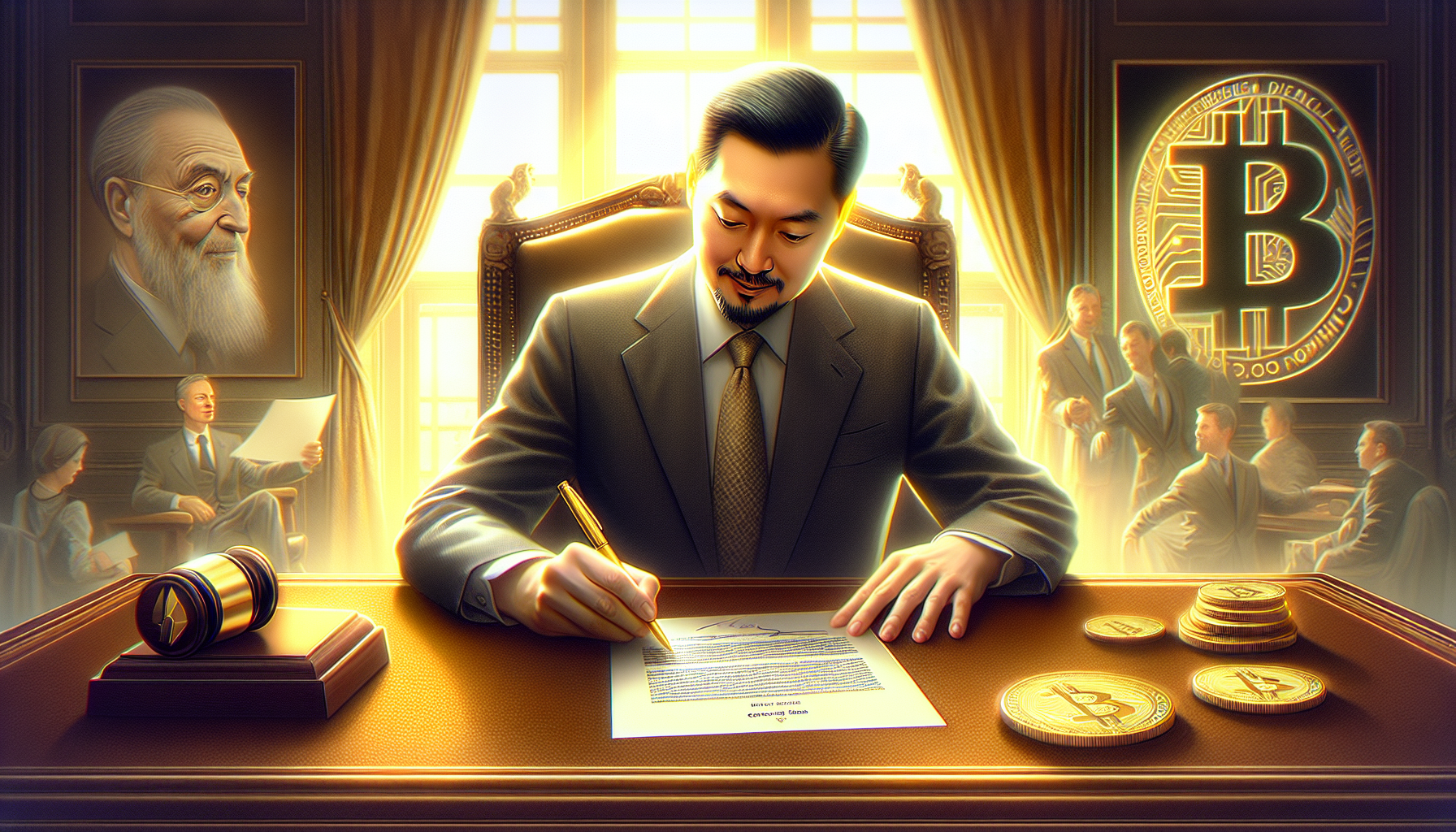President Donald Trump has pardoned Changpeng "CZ" Zhao, the founder of cryptocurrency exchange Binance, who pleaded guilty in 2023 to violating the Bank Secrecy Act and later served four months in prison. The move has drawn criticism over Binance’s links to the Trump family’s crypto venture, while the White House cast it as correcting what it calls prior overreach.
Changpeng Zhao, known as CZ, founded Binance, which grew into the world’s largest cryptocurrency exchange. During the Biden administration, federal prosecutors accused him and his company of failing to implement an effective anti–money-laundering program and other violations. In November 2023, Zhao pleaded guilty to a Bank Secrecy Act offense, stepped down as CEO, and Binance entered a more than $4 billion resolution with U.S. authorities. Zhao was sentenced in April 2024 to four months in prison. U.S. Treasury officials have said the settlements require Binance to exit the U.S. and not offer services to U.S. persons, under an independent monitor.
After Trump’s election in January 2025, Zhao — a China-born, Canadian-raised billionaire now based in the United Arab Emirates — sought a pardon. Ties between Binance and the Trump family’s crypto initiative, World Liberty Financial, have drawn scrutiny: in May, an Abu Dhabi–led investment firm used World Liberty’s USD1 stablecoin in a $2 billion investment in Binance, according to published reports, and separate reporting described deal talks between the Trump family and Binance’s U.S. affiliate earlier this year.
In May 2025, roughly eight months after his release from custody, Zhao appeared on the "Farokh Radio" podcast, praising Trump’s stance on crypto. “I was like, yeah, well, obviously, this will be a good guy for our industry… And also for any sort of people who have a criminal charge,” he said.
Eswar Prasad, an economics professor at Cornell University, criticized the pardon as appearing like a quid pro quo. “The Trump administration seems to be willing to use the U.S. government machinery to support the Trump family’s crypto-related interests,” Prasad said.
White House press secretary Karoline Leavitt defended the action, saying, “The president wants to correct this overreach of the Biden administration’s misjustice, and he exercised his constitutional authority to do so.”
Henry Farrell, a political scientist at Johns Hopkins University, warned that the pardon might lead to reduced oversight in the crypto sector. “I would expect that we are going to see a return to a world in which a lot of crazy things will happen on these crypto platforms without the same kinds of controls,” he said.
Following the pardon, Zhao posted on X that a book from him is forthcoming.

